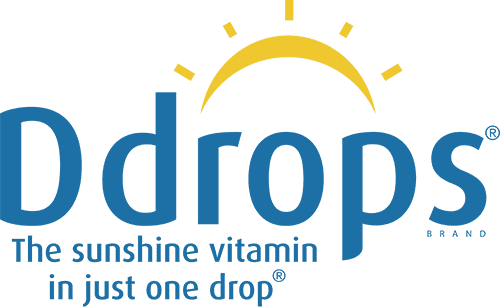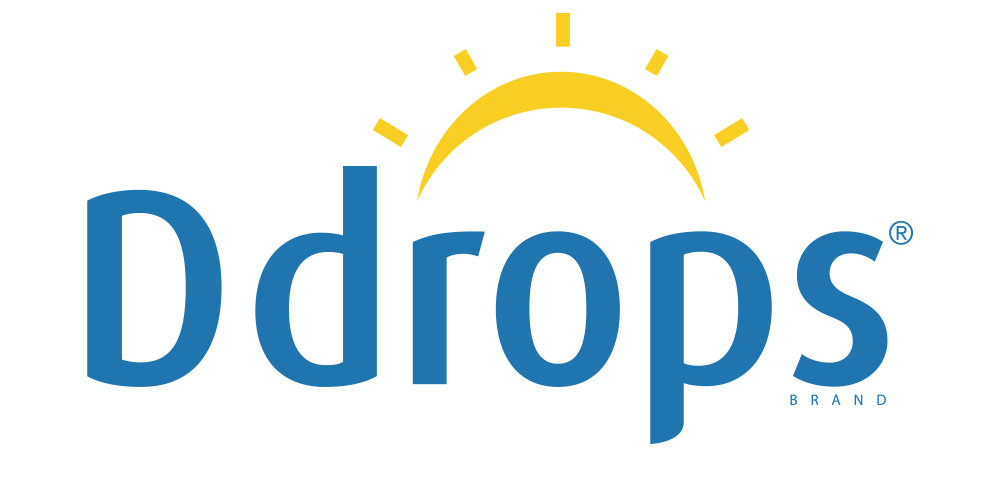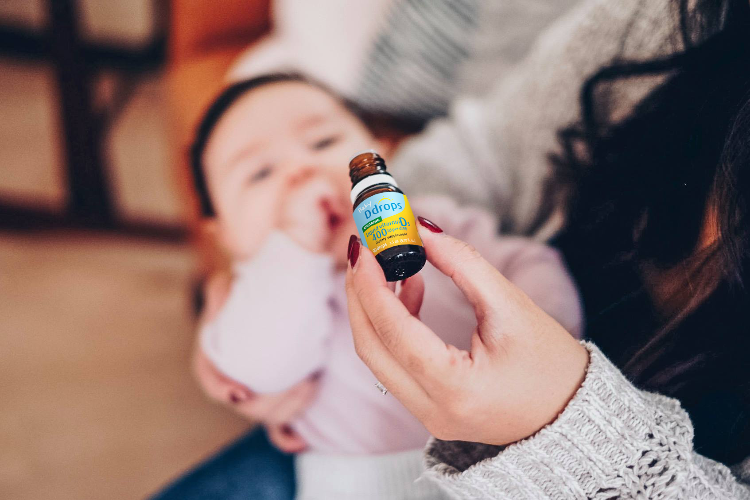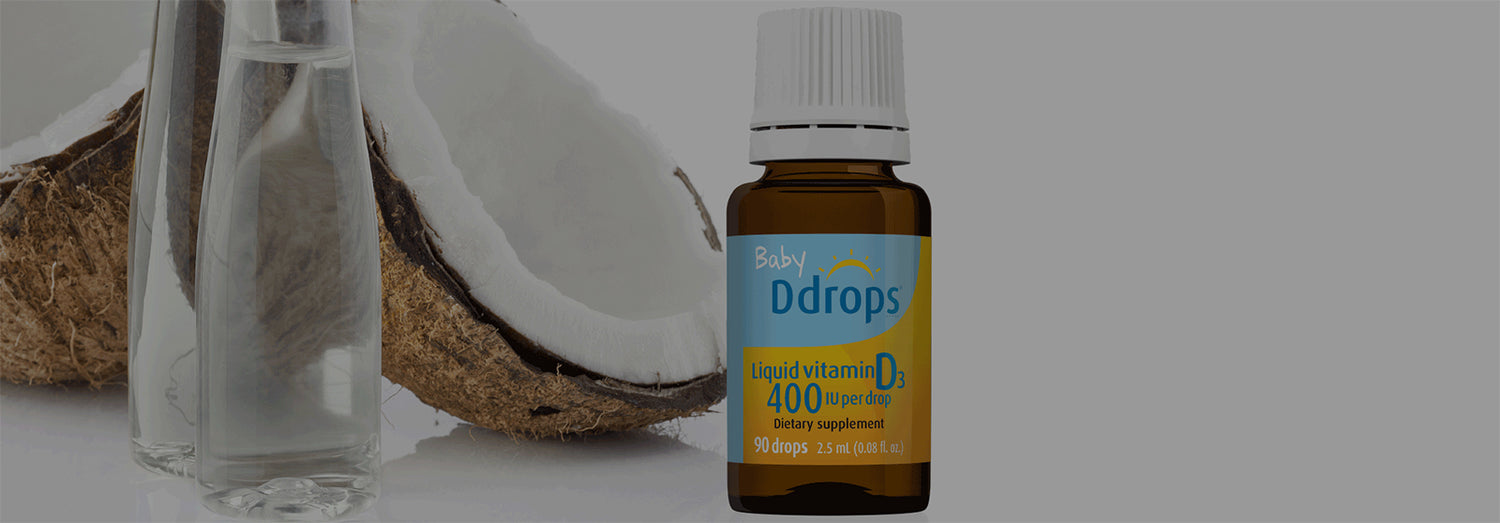April 27, 2015
A study has found that lipid-based vitamin D formulations boost vitamin D levels by 28 per cent over dry, powder-based forms, such as tablets or pills.
Ddrops® was created with this in mind, which is why our combination of fractionated coconut oil and vitamin D is one of the most convenient forms of lipid-based vitamin D!
According to a Life Extension Clinical Research Inc. study, switching to a lipid-based soft gel formulation containing 5,000 IU of vitamin D3 led to a statistically significant 28.5 percent increase in 25(OH) D blood levels among healthy adults who had been taking 5,000 IU of a dry powder-based vitamin D3.
The study, titled “An open-label study to evaluate the effect of 5,000 IU of vitamin D3 soft gel on serum 25-hydroxyvitamin D levels among healthy adults” was presented at the Experimental Biology Scientific Conference in Boston, Mass. in March 2015. The annual scientific meeting is comprised of over 14,000 scientists and exhibitors representing six sponsoring societies and multiple guest societies with interest in research and life sciences.
The researchers, Steven P. Hirsh, RPh, DPM, MHSA, Luke G. Huber, ND, MBA, Kira Schmid, ND, Judith Woolger, MD, and Steven V. Joyal, MD, set out to determine if a lipid-based soft gel vitamin D supplement could boost vitamin D blood levels in healthy adults who had already been taking a dry, powder-based vitamin D capsule at the same dosage for at least 3 months.
After discontinuing their dry powder-based vitamin D3 capsules, 16 participants were instructed to take a lipid-based soft gel formulation containing 5,000 IU vitamin D3 for 60 days. Blood levels of 25(OH)D were measured at baseline (prior to vitamin D3 soft gel ingestion), day 30, and day 60.
Fifteen participants completed the study. No serious adverse events were reported. Compared with baseline, blood levels of 25(OH)D increased by 16 percent by day 30 and 28.5 percent by day 60. The results were statistically significant.
Dr. Steven Hirsh, director of clinical research at Life Extension Clinical Research Inc., notes this study helps answer an important question about the optimal delivery method for vitamin D supplementation.
“One of the key considerations is the impact of different delivery vehicles, especially powders and oils, on nutrient bioavailability,” says Dr. Hirsh. “Our findings suggest a lipid-based vitamin D formulation may be superior to a dry powder-based product and provides a rationale for further research in this area.”
The form of vitamin D utilized for this study was cholecalciferol (vitamin D3)—the natural form of vitamin D that the body makes in response to sunlight. Vitamin D has received significant research attention over the past decade and is known to play a critical role in calcium and phosphorus homeostasis, bone mineralization, and skeletal growth.





ทิ้งข้อความไว้
เว็บไซต์นี้ได้รับการคุ้มครองโดย hCaptcha และมีการนำนโยบายความเป็นส่วนตัวของ hCaptcha และข้อกำหนดในการใช้บริการมาใช้